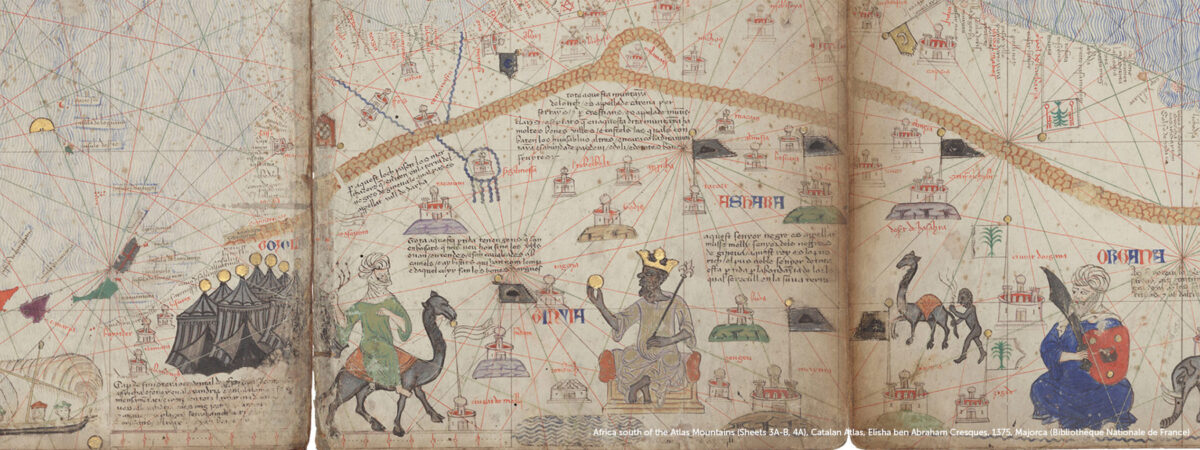
At least in the United States, high school world history is typically the first course that exposes students to the history of the world. It’s a graduation requirement in many states, yet it remains intimidating to both teachers and students, since no one—not even a professional historian—can be a content expert on the complete history of the entire world, and because it’s difficult to know what skills and content to prioritize.
Despite its importance, world history has received less attention from social studies education researchers, curriculum developers, and professional development providers, compared to other courses like U.S. history (Girard & Harris, 2018)1.
Amidst that contextual backdrop, OER Project approached Digital Promise’s Learning Sciences Research team in Fall of 2018, asking us to evaluate World History Project, a set of new open-source curricular materials they were developing to fill this need. After spending some time better understanding their approach (e.g., spiraling conceptual devices and scaffolds to support historical thinking skill development throughout the course) and the curriculum’s potential to impact teachers and students, we agreed. While COVID delayed our timing, we are proud to share that our report of the evaluation we conducted in the 2022-2023 school year is now available.
With a particular focus on the needs of educator and researcher communities, we believe this evaluation is important because World History Project currently stands alone in providing a comprehensive, skills-based, and freely accessible curriculum for high school world history that is aligned to multiple course-specific content standards. OER Project’s unique commitment to this mission, their capacity to make continual and large-scale revisions, and substantial resources already dedicated to this undertaking, make a thorough examination of their work imperative.
Additionally, world history teaching and learning is understudied, with strikingly few empirical studies centered on secondary world history classrooms (Girard & Harris, 2018). Few studies have explored the impact of specific history curricula or programs on opportunities for historical thinking (Epstein & Salinas, 2018), and those that exist tend to be smaller scale (e.g. focused on a single teacher). Our study helps fill this knowledge gap, in part by applying rubrics for multiple dimensions of historical thinking to analyze curricular assignments and student work for its authentic intellectual demand. Related, our study is unique and important given its relatively large scale, comprehensive mixed-and multi-methods approach, detailed findings and potential for impact.
Read our Evaluation of World History Project report to learn about the potential of this curricular material to produce learning benefits, particularly around historical thinking, and to hear our recommendations for teachers and social studies administrators who are interested in using the course.
Header image source:
Africa south of the Atlas Mountains (Sheets 3A-B, 4A), Catalan Atlas, Elisha ben Abraham Cresques, 1375, Majorca (Bibliothèque Nationale de France)
Girard, B. & Harris, L.M. (2018). Global and world history education. In Metzger, S.A. & Harris, L.M. (Eds.), The Wiley international handbook of history teaching and learning (pp. 253-279). John Wiley & Sons, Inc.